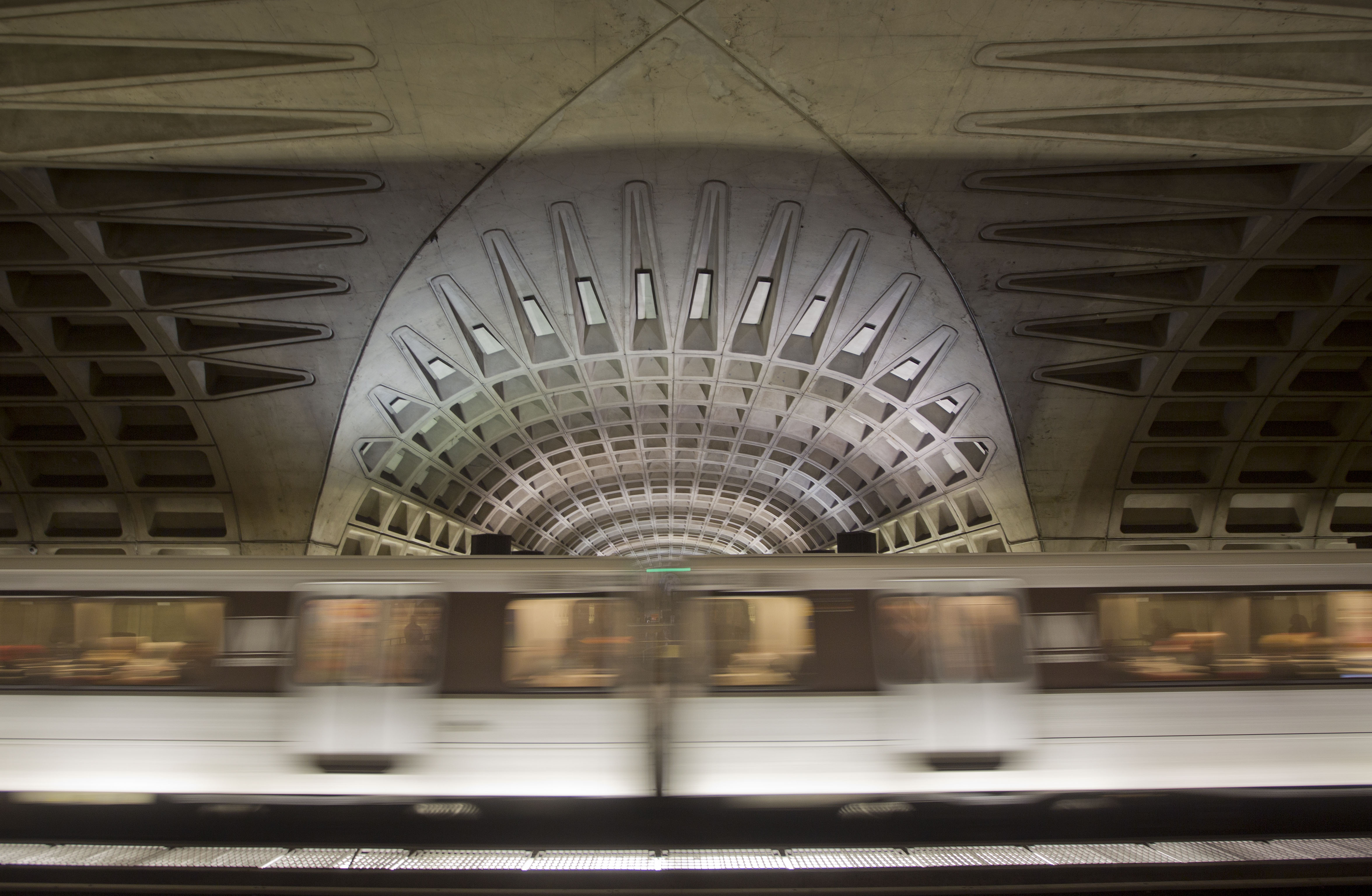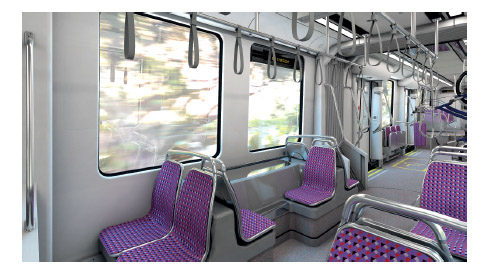WASHINGTON — The region is making progress toward creating new entity that would have safety oversight of Metro and would replace federal oversight of the rail system, Virginia transportation leaders said Wednesday.
At a Commonwealth Transportation Board meeting, Virginia Deputy Transportation Sec. Nick Donohue said draft language to create the long-promised, but long-delayed safety oversight commission is now expected to be ready by this fall, six years after the commission was first proposed.
“It’s not going to change WMATA overnight, because a lot of investments are needed to address the issues that have built up for the last 20 years. But what it will make sure is that funds are spent on the most pressing safety issues,” Donohue said.
Virginia, Maryland and D.C. transportation leaders are working to agree on the language that would give the commission clear, independent and legal authority to direct Metro to spend money on specific safety projects or to shut down stretches of track for urgent repairs, for example. Because all three jurisdictions must pass identical bills creating the agency, the earliest the commission could be established is next spring after the Virginia and Maryland general assemblies meet.
Donohue said the new entity would help to ensure that past mistakes aren’t repeated in the future.
A series of federal investigations launched after a rider was killed last year have shed light on the years of neglected and poorly performed maintenance. The disrepair of the system led to an emergency shut down of Metrorail earlier this year. Routine speed restrictions are now in force. And Metro is preparing for a year of major maintenance that will take entire stretches of track out of service for weeks at a time.
Metro expects to finalize the schedule for the track rehabilitation plan this week. Repairs are expected to begin in June.
U.S. Transportation Sec. Anthony Foxx has threatened to pull funding from projects across D.C., Maryland and Virginia, not just Metro, if the safety commission is not established soon or if the region fails to show sufficient progress toward creating such an agency.
Foxx’s threat means that Metro’s intransigent problems and years of deferred maintenance no longer affect just Northern Virginia commuters.
It now impacts “all of us,” said William Fralin, who represents parts of Southwest Virginia on the state transportation board.
Foxx also ordered the Federal Transit Administration to provide that independent oversight in the meantime. And waves of federal inspections have resulted in a series of required repairs and training changes for Metro.
Virginia Transportation Sec. Aubrey Layne said the region needs the safety oversight, but the responsibility eventually comes back to Metro itself and its leaders. A responsibility Layne believes Metro is finally facing.
“I believe the real issue here that I don’t have an answer for is the governance. Who owns WMATA? Ask me that simple question. Who owns WMATA? I can’t answer that question,” Layne said. “I guess most people would say well the stuff in Virginia we own, the stuff in Maryland. But that’s not the way it’s run, so that’s what we’re grappling with.”
“It can’t go away. If it goes away, that is a significant blow not only to that region, but to Virginia,” he added.
However, Layne said Metro would have to show significant progress on governance before the McAuliffe administration could recommend an increase in funding.








